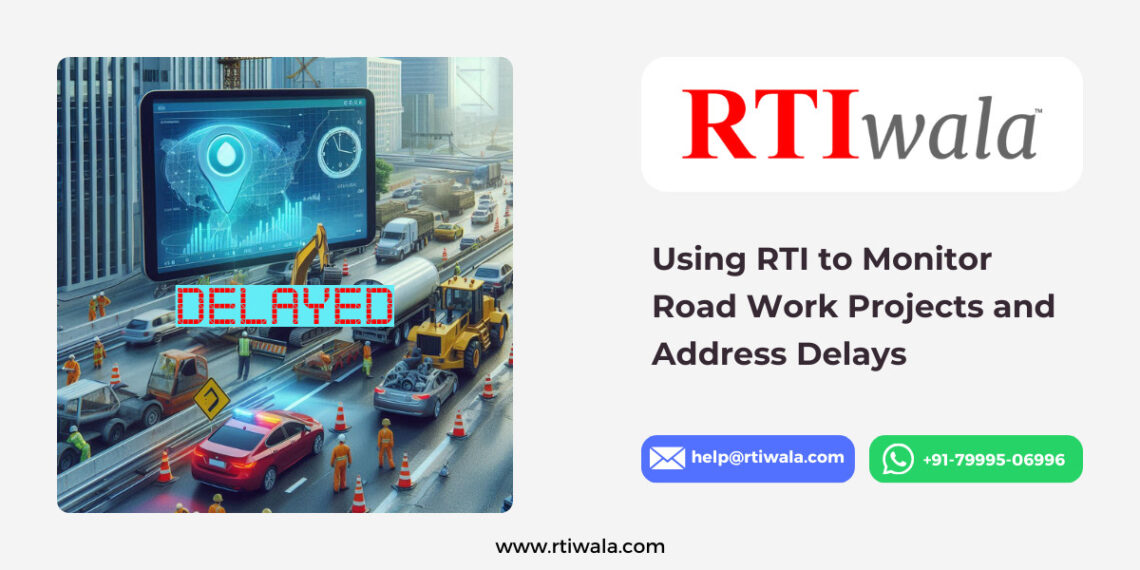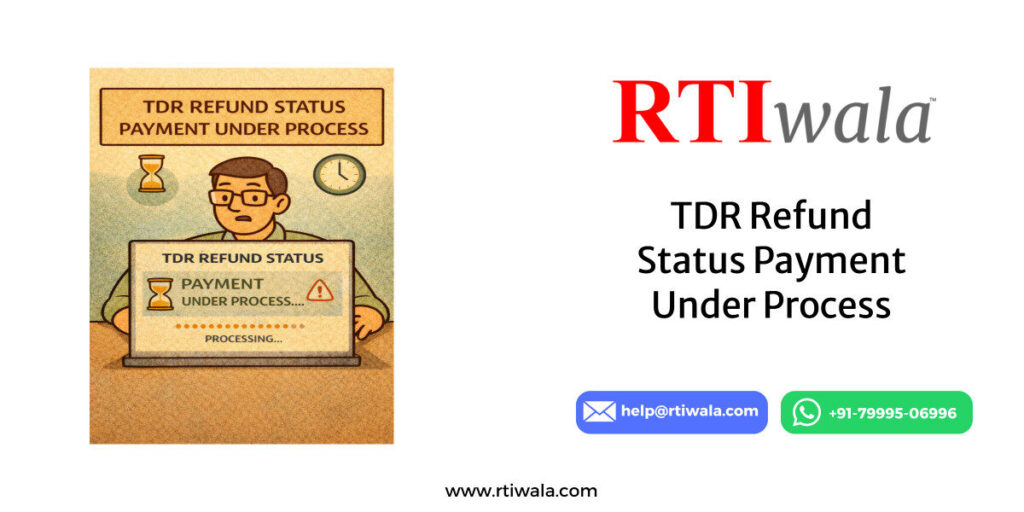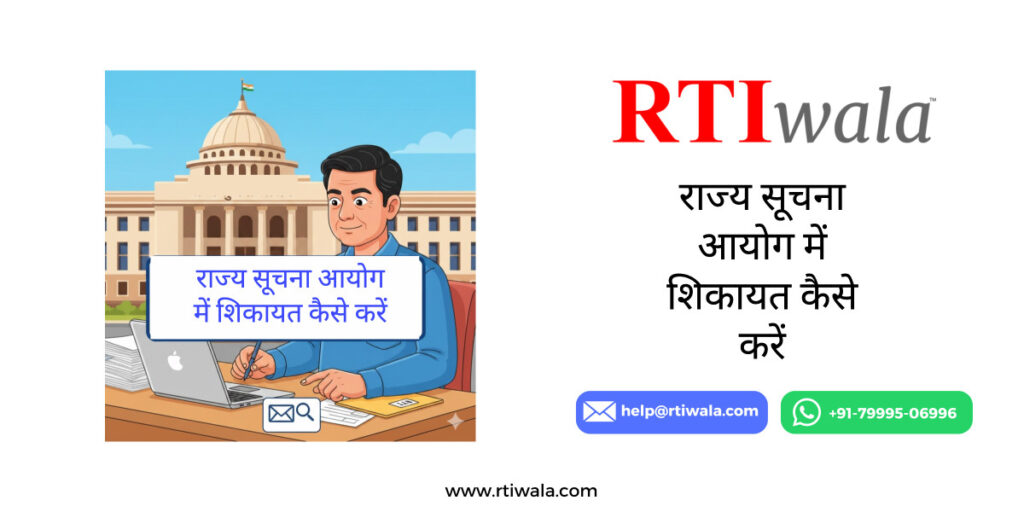Road work complaints are a common issue faced by citizens, often involving delayed projects, poor quality of work, and inadequate safety measures. Addressing these complaints effectively requires a systematic approach, and the Right to Information (RTI) Act can play a crucial role in this process. This guide will explore how to use RTI to manage road work complaints and how RTIwala can facilitate this process for effective solutions.
Table of Contents
- Understanding Road Work Complaints
- The Role of RTI in Addressing Road Work Issues
- How RTIwala Can Assist
- Steps to File an RTI Application for Road Work Complaints
- FAQs
- Conclusion
Understanding Road Work Complaints
Road work complaints can vary widely but generally include:
- Delay in Completion: Projects taking longer than the scheduled time.
- Poor Quality of Work: Issues such as uneven surfaces, potholes, and substandard materials.
- Safety Concerns: Lack of proper signage, barriers, and lighting, posing risks to motorists and pedestrians.
- Inconvenience to Residents: Traffic disruptions and access issues affecting daily life.
Effective management of these complaints requires timely and accurate information about the project’s status, implementation, and adherence to standards.
The Role of RTI in Addressing Road Work Issues
The Right to Information (RTI) Act, enacted in 2005, empowers citizens to seek information from public authorities about their functions and decisions. Here’s how RTI can be used to address road work complaints:
- Transparency in Project Details: RTI can help obtain information about the scope of road work projects, including timelines, contractors, and budgets. This transparency can help in understanding project delays and quality issues.
- Accountability of Authorities: By using RTI, you can request information about the compliance of road work projects with safety standards and regulations. This can help hold authorities accountable for any lapses.
- Progress Updates: RTI applications can be used to track the progress of ongoing road work projects and ensure that they are completed on schedule.
- Complaint Redressal Mechanisms: RTI can provide insights into the mechanisms in place for addressing complaints and the steps taken to resolve them.
How RTIwala Can Assist
RTIwala is dedicated to simplifying the RTI application process. Here’s how RTIwala can help in managing road work complaints:
- Guidance on Filing RTI Applications: RTIwala provides expert guidance on how to draft and file RTI applications related to road work issues.
- RTI Application : RTIwala offers pre-designed templates for RTI applications, making it easier to request specific information about road work projects.
- Tracking and Follow-Up: RTIwala assists in tracking the status of your RTI applications and following up with authorities to ensure timely responses.
Steps to File an RTI Application for Road Work Complaints
- Identify the Relevant Authority: Determine which public authority or department is responsible for the road work project. This could be the local municipal corporation, public works department, or state highway authority.
- Draft the RTI Application: Prepare a clear and detailed RTI application specifying the information you need. For example, you might request information about the project’s completion schedule, contractor details, and safety measures implemented.
- Submit the Application: File your RTI application with the designated authority. RTIwala can assist you with this process, either online or by submitting the application directly.
- Track the Application: Use RTIwala tracking tools to monitor the status of your application and ensure that it is processed promptly.
- Receive and Review the Response: Once you receive a response, review the information provided to assess the status of your complaint and any actions taken.
FAQs
- Can RTI be used to get information about the delay in road work projects?
- Yes, RTI can be used to request details about the reasons for delays, revised timelines, and any penalties imposed on contractors.
- How long does it take to get a response to an RTI application?
- The response time for RTI applications is typically 30 days from the date of filing.
- What should I do if my RTI application is not answered?
- If you do not receive a response within the stipulated time frame, you can file an appeal with the First Appellate Authority.
- Can RTI help in addressing safety concerns related to road work?
- Yes, RTI can be used to request information about the safety measures implemented, compliance with regulations, and actions taken to address safety issues.
- How can RTIwala assist with filing RTI applications for road work complaints?
- RTIwala provides guidance, templates, and tracking services to help you effectively file and manage your RTI applications.
Conclusion
Managing road work complaints effectively requires access to accurate and timely information. The RTI Act provides a valuable tool for obtaining such information and holding authorities accountable. By leveraging RTIwala solutions, you can streamline the process of filing RTI applications, track responses, and ensure that your concerns about road work projects are addressed. Take control of your road work complaints with RTIwala and ensure that your community benefits from well-managed infrastructure projects.






















































